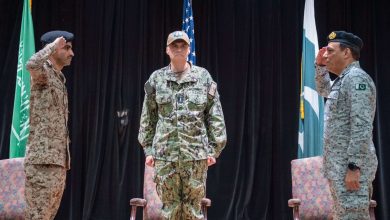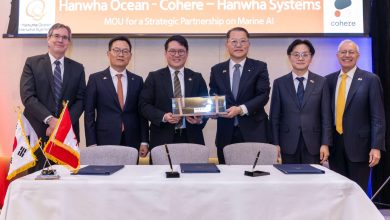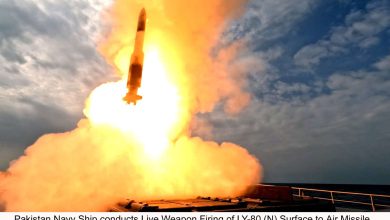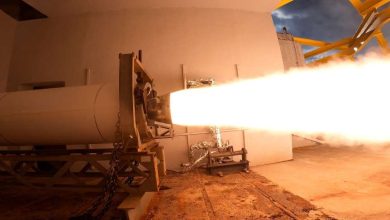DCNS Dazzles at DSA 2016: Unveiling Groundbreaking Innovations in Kuala Lumpur
For nearly four centuries, DCNS has emerged as a worldwide pioneer in maritime defense, concentrating on the design and construction of submarines and surface vessels. Additionally, it develops related systems and infrastructures while offering an extensive range of services to naval bases and shipyards. As a close partner with Malaysia, the Group aspires to enhance this collaboration and will participate in the DSA exhibition in Kuala Lumpur (Malaysia) from April 18 to 21, 2016. This occasion provides DCNS a platform to display its expertise in this vital export domain and connect with key stakeholders.
Esteemed as a global frontrunner in maritime defense and a significant contributor to marine renewable energy, DCNS is committed to fostering long-lasting relationships with Malaysia and working hand-in-hand with the Malaysian sector.
The Group already demonstrates a strong industrial investment in the region through its partnership with Boustead Group and their joint venture Boustead DCNS Naval Corporation (BDNC) for In-Service Support (ISS) of two Royal Malaysian Navy Scorpene submarines. Boustead Group and DCNS are collaboratively working to ensure the success of this initiative, which involves a substantial transfer of technology from DCNS, a crucial aspect for local engagement, self-sufficiency, and regional content as mandated by the National Defence Industry Policy.
DCNS is also involved in a robust technology transfer with Boustead Naval Shipyard (BNS) concerning the LCS Program initiated by the Royal Malaysian Navy for the procurement of six Littoral Combat Ships. BNS acts as the Prime Contractor for this project, which features DCNS’ Gowind® design and the SETIS® Combat Management System. The keel laying of the first vessel was successfully completed by BNS in March 2016 at their shipyard in Lumut.
The strong relationship between France and Malaysia was recently showcased in a joint exercise conducted last February by the French and Malaysian Navies off the northern coast of Borneo Island in the South China Sea. For the first time, the French Navy’s Aquitaine class FREMM Frigate Provence carried out an anti-submarine warfare (ASW) operation alongside the Royal Malaysian Navy’s Scorpene class submarine KD Tun Abdul Razak.
Besides its historical achievements in maritime defense, DCNS is pioneering advanced techniques in marine renewable energies, particularly Ocean Thermal Energy Conversion (OTEC) systems capable of meeting Malaysia’s energy needs. OTEC harnesses the temperature gradient found naturally in tropical waters between surface temperatures (approximately 25°C) and deep waters (5°C at a depth of 1,000 meters) to produce electricity. This offers a reliable baseload energy source that could serve as a mid-term green alternative to traditional fossil fuels (gas, diesel, coal), which remain prevalent in remote tropical areas.









